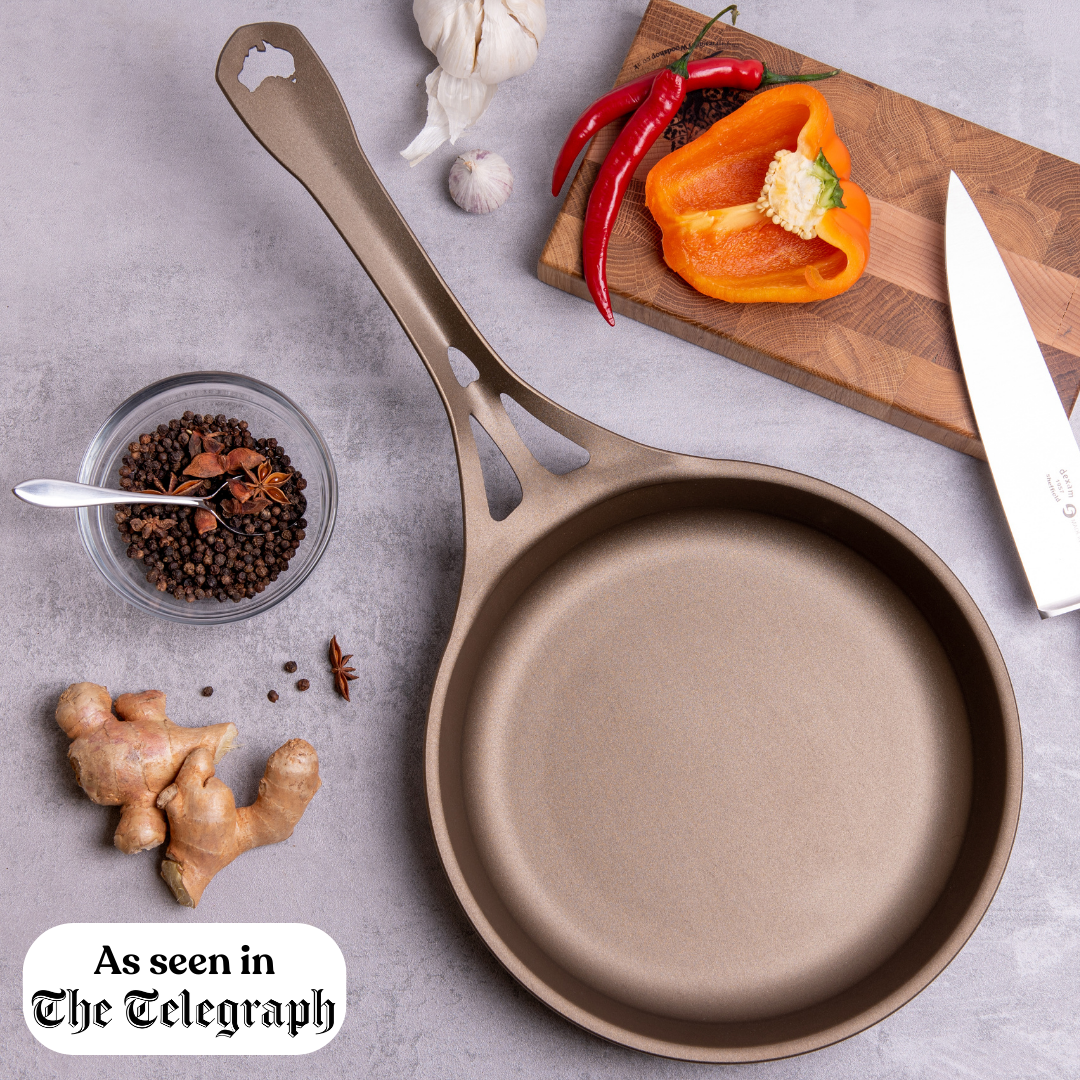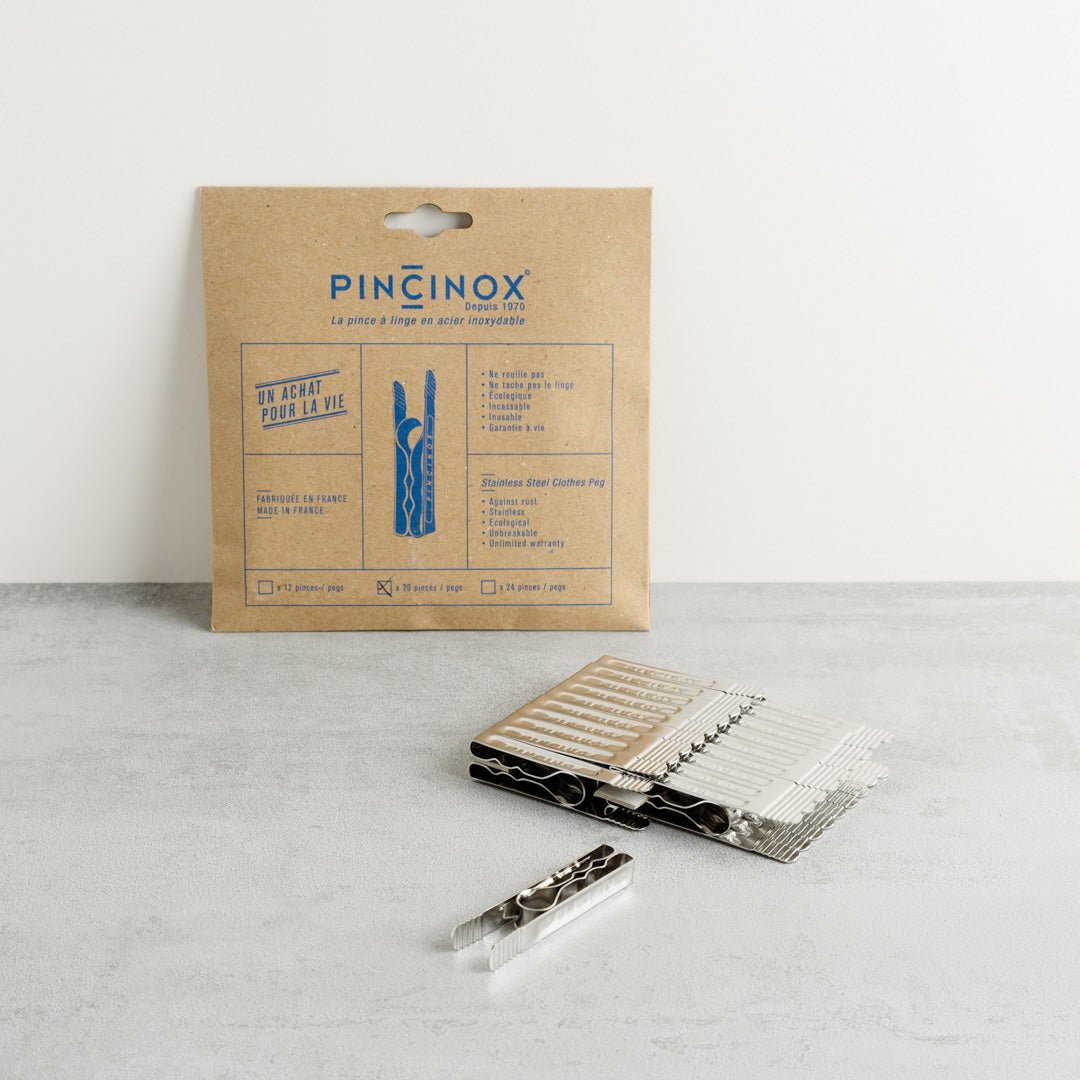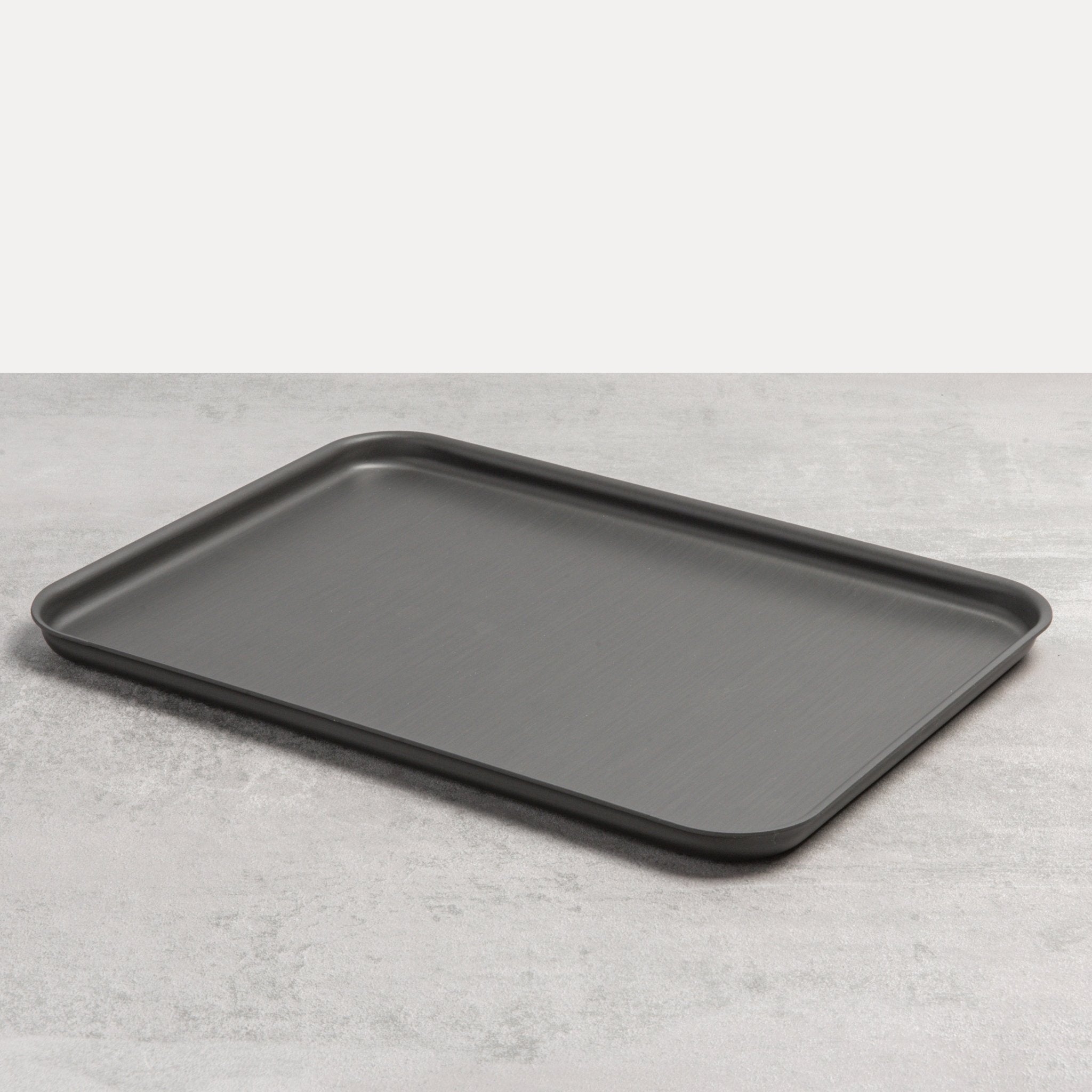Whether you're a professional or a do-it-yourselfer, a pair of sharp secateurs or shears is an essential tool in any gardener's arsenal. Not only can rubbish, dull blades result in a multitude of injuries, but they're often also quickly disposed of and end up in the landfill. To make sure you're buying the correct shears and caring for them right, we've asked Henrietta and Bridget of The Land Gardeners to let us in on their secrets.
Henrietta Courtauld & Bridget Elworthy

The professional choice for sharp secateurs
Sharp secateurs are crucial to our work in the garden at The Land Gardeners, whether it is pruning rose bushes, trimming branches or cutting armfuls of flowers. Having tried various brands and lost several pairs in the compost pile, our favourites are secateurs from Felco. They really do stand the test of time. They are sharp, tough enough to cope with sizeable branches, comfortable to use and you can send them away to be serviced. For a modest fee of £25, Felco will also service them, oil them and replace any parts in need of care.
We love Felco Model 2 Original Secateurs, but they offer secateurs for everyone – if you are left-handed, have a smaller hand and even if you have arthritis and need a pair of secateurs that is easier to use. With their lifetime guarantee, we feel sure our Felcos are friends for life, as long as we don’t put them down somewhere in the undergrowth and leave them there. Thankfully, their bright red handles mean we are less likely to lose them!
If Felco isn’t for you, our head gardener recommends his pair from Bahco. Bahco offers a great sharpening service as well, and he says they fit his hand well and finds he can easily cut stems up to 20mm thick. To each his own! Both companies will provide sharp secateurs that you can buy once and have by your side throughout your gardening life.
Shears that will never need servicing
Along with a pair of sharp secateurs, there is one further tool we could not be without. Only today we have been busy chopping up green mountains of plants and weeds for our compost piles. Our secateurs are useful for this job, but we love our Jakoti hand shears. Shears are perfect for trimming hedges and for slicing and dicing our way through copious greens and Jakoti is a firm favourite. In the autumn, we rely on them for cutting down herbaceous borders, and in the summer, we love them for trimming smaller areas of topiary or lavender. They are the Edward Scissorhands of garden tools. We have never sharpened their blades! Jakoti blades have been designed to self-sharpen, and if a spring needed replacing, the company will replace it for free.
As professional gardeners, we rely on equipment that does its job well and that lasts. Both Felco and Jakoti do exactly that. We have been using Felco’s secateurs for the last 20 years, and they have stood the test of time using them day-in and day-out for all our pruning, cutting and trimming. Jakoti is a more recent find, but even after only three years, our hand shears are still working well daily.

How to keep your secateurs and shears sharp
When you’re searching for a pair of sharp secateurs, always look to see how sturdy they feel and whether the company offers a lifetime guarantee or aftercare service. Once you’ve chosen a pair, it is important to look after them. Do these three important steps regularly and your secateurs will last you for life:
1. Clean your secateurs and shears after each use. Use washing up liquid and hot water and wipe away any dirt using a wire brush or steel wool so that the blades are smooth. This step will also ensure they are clean and will help to unjam them if they need loosening up. Rinse them thoroughly with warm water and dry them immediately.
2. Sharpen them on a regular basis. The best way is to use a sharpening stone or a tough diamond sharpener for rougher tools.
3. Oil them regularly to protect them from corrosion. Use a household oil like 3-in-1 or a vegetable oil. Massage the oil around the blades and wipe off to avoid them becoming sticky.

Henrietta Courtauld & Bridget Elworthy established The Land Gardeners to research about plant and soil health through growing, cutting and designing. They design productive gardens – wild, romantic and joyful – and have restored walled and historic gardens in England, France, Italy, New Zealand and Zimbabwe. They provide fresh cut flowers to UK clients and run workshops that explore the health of plants and soil and biodiverse, living gardens.

















